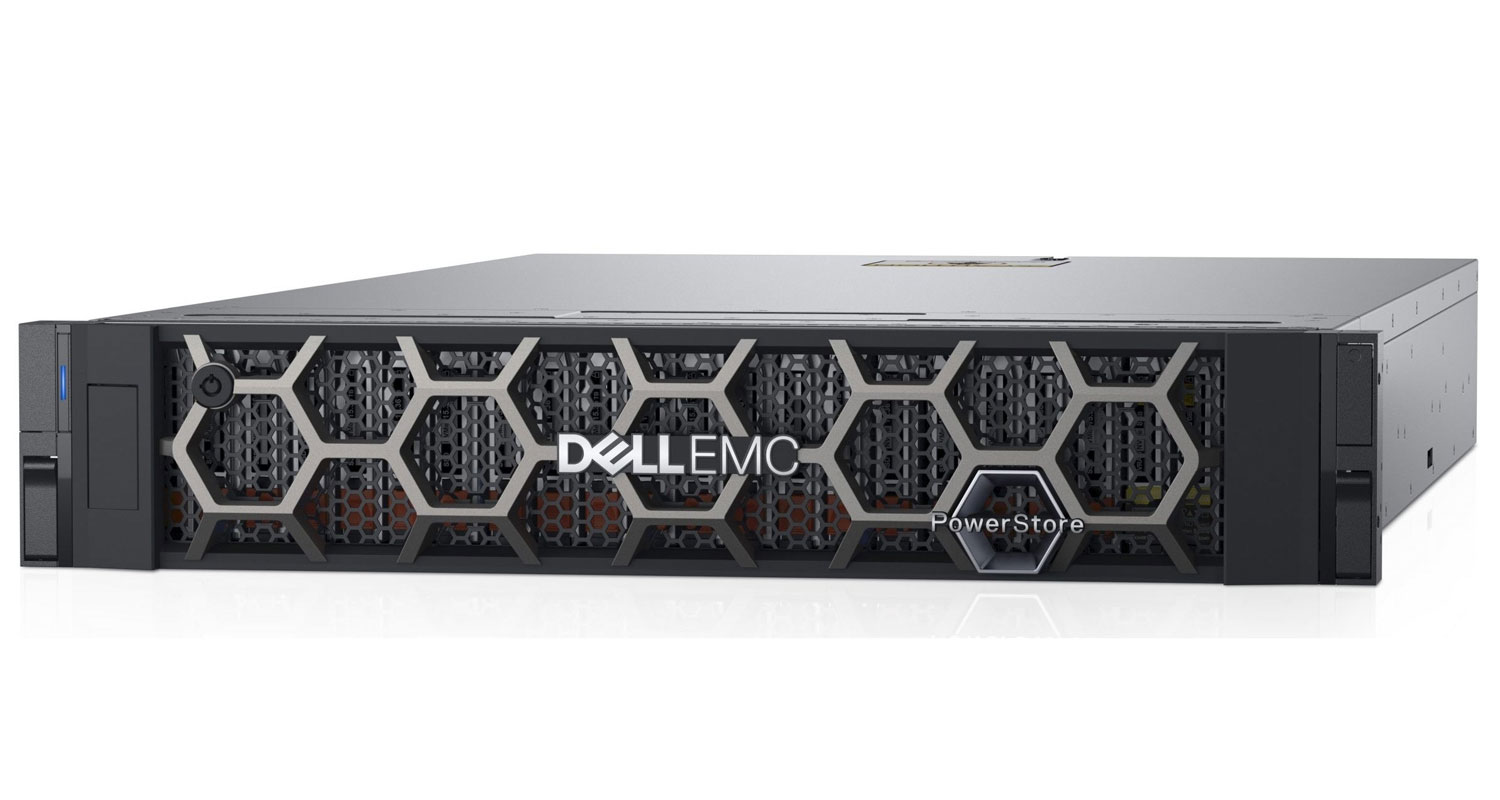 Data is at the core of every business, large and small, and therefore making the right decision around the way the business’s data is accessed and stored is critical.
Data is at the core of every business, large and small, and therefore making the right decision around the way the business’s data is accessed and stored is critical.
There is also the false perception that just because an entity is smaller than its enterprise counterparts, its data storage and backup needs must be small, too.
“In reality, small and medium businesses have the same needs as large corporates, but without the large budgets to go with them,” says Chris Larkins, business unit manager: enterprise at South Africa’s leading ICT distributor, Tarsus.
Reach out to Tarsus Distribution
He says SMEs need the right technology to meet the business’s needs, but with less money and fewer staff. “Organisations in every industry and of every size have e-mails, documents, spreadsheets, databases, images, video and more, that are key to keeping the business operational, and all of these, and the applications that support them, take up a fair amount of storage space. This is why small and medium companies need solutions that can manage their storage requirements today, and handle future growth, too.”
Larkins stresses that each organisation has a unique set of requirements, and there’s no “one size fits all” solution for everyone. “Businesses, particularly small and medium entities, need to avoid falling into the trap of investing too little, under-provisioning and running out of capacity, or over-investing on a solution they simply don’t need.”
What is needed is a storage solution that can grow with the business, and one that is tailored to meet the company’s specific needs and that fits into the current IT environment. “Remember, although these companies need to do more with less, this doesn’t mean they need to compromise on quality at all.”
After all, all organisations rely on their data to help them make crucial business decisions, and would look to reap the benefits of analytics to get insights from that data that help inform their strategy moving forward. “Because choosing the right storage solution is so important, small and medium enterprises need to find the right channel partner to guide them,” he says.
To address the needs of these organisations, Larkins says Dell Technologies introduced its PowerStore 500 solution. This solution helps companies realise previously unimagined levels of agility and operational versatility, and is ideal for the cloud-mobile IT infrastructure we find today. “The solution employs a containerised software architecture that combines the best of modern storage technology and cost-effective hardware design to bring unprecedented performance, scalability and storage efficiency to SMEs as well as edge environments.”
In fact, Larkins says, the PowerStore 500’s unified storage capabilities allow businesses to address all their data storage needs for users and applications within a single architecture, and one that can scale up to meet the organisation’s needs.
Outstanding performance
And because the solution makes use of Intel Scalable Xeon processors as well as QuickAssist technology, it brings outstanding performance and data efficiency for a wide range of applications. “SMEs can rest assured they are getting cost-effective, all-flash storage performance technologies which used to be only in the reach of large enterprises with huge budgets.”
Another benefit of the PowerStore 500, is its software-defined architecture, he adds. “The appliance is built on a container-based software architecture that offers a unique way of delivering and integrating advanced system capabilities. The modular nature of containers promotes feature portability, standardisation and quick time to market for new capabilities, and at the same time, enables top deployment flexibility.”
Next, PowerStore features intelligent automation, which helps to streamline application development and automate storage workflows via integration with a large ecosystem of top DevOps as well as open management frameworks, Larkins explains. “It also supports thorough integration with VMware management and its operational features including vSphere storage management and provisioning, VAAI, VASA and native vVols support. Users can also get plug-ins for CSI, Kubernetes, Ansible and vRealize Operations.”
Another feature, autonomous operation, sees the appliance employ intelligent data placement to enhance system utilisation and performance via the balanced provisioning of new appliance storage volumes. At the same time, the machine learning engine continually monitors the cluster and recommends actions for rebalancing of resources within the clusters, pinpointing and automating any changes needed to maintain optimum efficiency, Larkins explains.
 Next, in today’s “cloud-first” world, users of PowerStore can easily and simply integrate their on-premise infrastructure into hybrid cloud environments without sacrificing any operational consistency. “Also, PowerStore 500 supports individual drive scaling of up to 25 drives per appliance to ensure flexible capacity growth and resource balancing, while advanced clustering technology enables the appliance to scale system processing power up to a total of four PowerStore appliances.”
Next, in today’s “cloud-first” world, users of PowerStore can easily and simply integrate their on-premise infrastructure into hybrid cloud environments without sacrificing any operational consistency. “Also, PowerStore 500 supports individual drive scaling of up to 25 drives per appliance to ensure flexible capacity growth and resource balancing, while advanced clustering technology enables the appliance to scale system processing power up to a total of four PowerStore appliances.”
He says through this balanced approach to truly scalable storage, the strength of midrange storage that delivers reasonably priced scale-up capacity is matched with the ability to scale application performance as needs change and evolve.
Finally, for predictive analytics and proactive monitoring, PowerStore features CloudIQ, a native, cloud-based storage analytics application that is included at no charge with all PowerStore appliances, and provides total monitoring of system health, performance, capacity, configurations, and on-array protection metrics.
For more information on Dell’s cost-effective storage solutions for your small or medium-sized business and to partner with the professionals to scope and design a storage solution that meets your business’s needs, reach out to Tarsus Distribution.
- This promoted content was paid for by the party concerned




